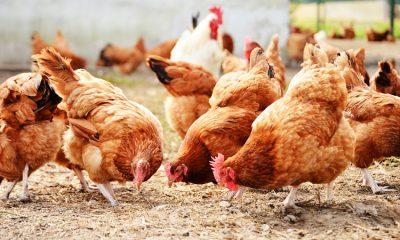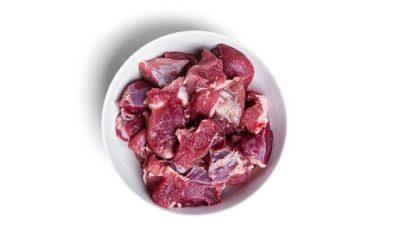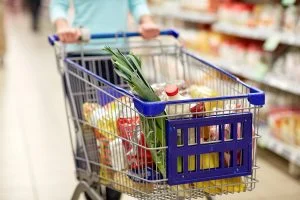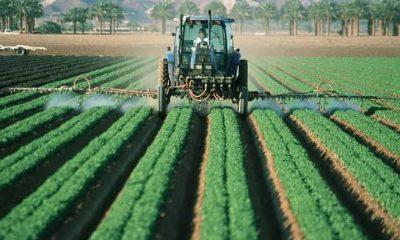Business
South Africa’s G20 Leadership: A Game-Changer for Global Agriculture

As South Africa prepares to chair the G20 in 2025, it faces a pivotal opportunity to reshape global agriculture. With pressing issues like food security, climate change, trade barriers, and digital innovation on the agenda, South Africa can leverage this platform to drive policy reforms that benefit both African farmers and global agricultural systems.
Advancing Agricultural Trade & Market Access
The G20 Trade and Investment Working Group (TIWG) prioritizes reducing agricultural trade barriers, a move that could greatly benefit South Africa’s exports of citrus, maize, and wine.
Key benefits for South Africa:
Strengthen African Continental Free Trade Area (AfCFTA) integration
Push for reduced global tariffs & agricultural subsidies
Ensure smallholder farmers benefit from open markets
While trade liberalization opens new opportunities, domestic industries must be protected from an influx of cheap imports. Balancing export expansion with local industry growth will be a key challenge.
Also read: South Africa Attracts USD 5.4 Billion in FDI: A Focus on Manufacturing, Mining, and Agriculture
Tackling Food Security & Supporting Smallholder Farmers
South Africa’s leadership in the G20 Food Security and Nutrition Initiative can help drive global policies that:
Increase financing & technical support for smallholder farmers
Boost rural infrastructure & sustainable farming investments
Address climate-related food insecurity in Africa
Climate-Smart Agriculture & Sustainability
With Southern Africa experiencing severe droughts and extreme weather, South Africa can push for stronger commitments in the G20 Action Plan on Climate and Agriculture by:
Advocating for climate adaptation funding for African farmers
Expanding drought-resistant crops & water-efficient technologies
Promoting global climate-smart farming practices
Digital Innovation & Agri-Tech
The future of agriculture lies in technology-driven solutions. South Africa can:
Promote big data, AI, and precision farming adoption
Enhance market access & crop monitoring tools for smallholder farmers
Push for digital literacy programs & agri-tech startup growth
Also read : South African Agriculture: Optimism Grows for a Strong Recovery in 2025
Boosting Agricultural Investment & Financing
Access to capital and investment remains a key hurdle for African farmers. South Africa can:
Secure more funding from international financial institutions
Promote public-private partnerships in agri-tech & value-added processing
Expand microfinance & insurance options for smallholder farmers
A Legacy of Agricultural Leadership
As the G20 chair in 2025, South Africa has a unique chance to drive global agricultural transformation. By championing trade, food security, climate adaptation, digital innovation, and financing, it can position Africa as a key player in shaping the future of sustainable agriculture.

Follow Joburg ETC on Facebook, Twitter , TikTok and Instagram
For more News in Johannesburg, visit joburgetc.com



























